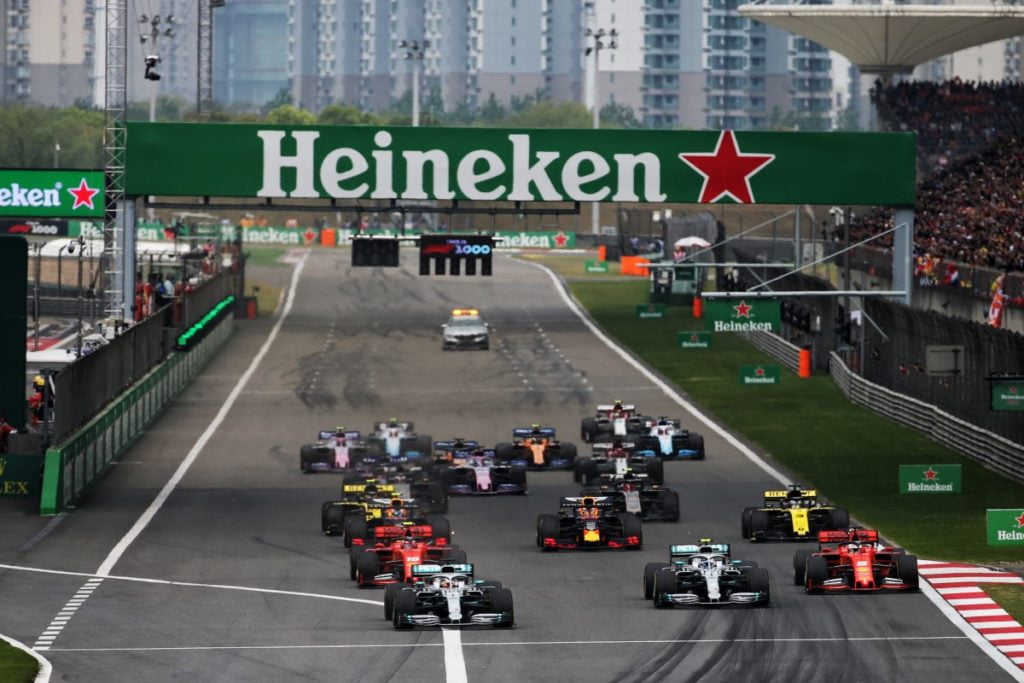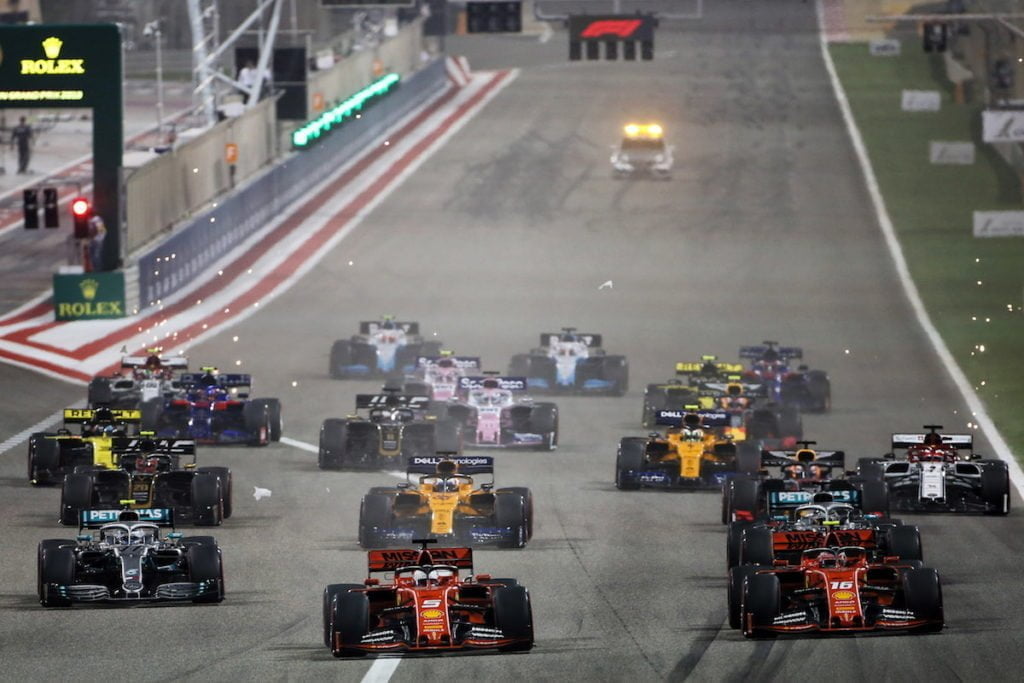Formula 1’s opening eight rounds have already been postponed or cancelled, while it is unlikely Canada can go ahead. Amid ongoing uncertainty, is it time to consider a Super Season?
In such a short period of time since pre-season testing in February, Formula 1, along with the rest of the sporting world, has been turned on its head and put into lockdown for the foreseeable future.
The motorsport world was ready to get the season underway in Melbourne, Australia just four weeks ago, but after a case of the COVID-19 Coronavirus was discovered in the paddock there was no choice but to cancel the event.
Since then, we’ve seen six of the opening eight races fall by the wayside to indefinite postponements while Australia – just two hours prior to FP1 – and Monaco have been cancelled.
Organisers in Canada will make a call this weekend (postponement is highly likely) while restrictions remain in place in France and Austria, meaning chances there are receding with each passing day.
F1 is currently looking into salvaging what they can of the 2020 campaign and running a shortened schedule which could finish in January 2021. With the 2020 schedule already cut by a third, and more races likely to fall by the wayside, it could leave barely enough grands prix to qualify for a World Championship, which the FIA says must consist of at least eight races.

Therefore maybe F1 should abandon its tradition and run a season through until the end of 2021.
Many people have put their heads together to try and come up with their own fantasy calendars in an effort to see how F1 can solve its scheduling headache. But what about a Super Season that runs across what can be salvaged of 2020, and into 2021?
Since May 1950, when the first Formula 1 race kicked off the official World Championship we all know and love today on a disused airfield in the small Northamptonshire village of Silverstone, it has always been a campaign held within a calendar year. While F1 loves to uphold tradition where possible, the current unprecedented global scenario we face thanks to the coronavirus pandemic presents an opportunity…maybe the time has come to break from said traditions and try something new?
With the next set of technical regulations being deferred for another year in order to help teams maintain their businesses during the disruption, the option to run a 2020/2021 super-season has emerged as a potential solution.
How would it work? Well, there is recent precedence in proving how it can be done. Pre-pandemic crisis, the FIA World Endurance Championship moved to such a schedule with the blue-riband event – the 24 Hours of Le Mans – its season ending race in June.
With the way our planet spins on its axis, it means that during the latter months of the year, the southern hemisphere experiences the summer while the northern has its winter. That’s just basic knowledge with which we are all familiar.
With that in mind it’s not difficult to suggest the World Championship could spread itself out across the latter half of 2020 and into 2021, allowing breathing room between races instead of pushing such a condensed schedule on the teams and their employees.

Such a schedule could still see Australia kick the season off – as is recent tradition – if they were willing to get the infrastructure back in place, giving the City of Melbourne time to prepare Albert Park for the latter half of the year once the spring air kicks in around October-November.
Should Australia not be able to fulfil its fixture, Mexico or Brazil could also kick things off at a similar time around their usual places in the year. Brazil is no stranger to being one of the opening races of a campaign prior to its shift in 2004, pushing it to the end of the season. Mexico’s proximity to the equator also makes it a viable candidate to make it one of the curtain-raising events.
Singapore could also make a case to be moved towards the start of the season, just 142 kilometres from the equator means the climate, no matter the time of year, will still make a hot and humid environment, providing the drivers with their toughest physical challenge of the season.
Bahrain and Abu Dhabi could also join the fray over the course the early phase of the World Championship given their close proximity to each other and year-round workable climate. Abu Dhabi traditionally closes the season in November/December, so a shift to January or February wouldn’t make much difference, albeit with one major caveat: giving up its spot as the lucrative season-closer.

Once the opening five or six races have been taken care of in February or March, a normal sense of racing could continue with a wider spread of races across the European leg of the championship, taking us into the height of the summer months with the remaining northern hemisphere flyaways in Russia, China, Japan and Vietnam moving towards the end of the season for a potential run in late summer early autumn to see the season out.
Once the season is over around September-October time, teams will have a chance to enjoy an extended winter break as they gear up for the biggest shift of the regulations in the history of the World Championship for 2022.
This idea of a calendar would allow Formula 1 to still manage a 20+ race season across both 2020 and 2021 if governments and race organisers can agree.
While the changes would be drastic in comparison to what fans might be used to with the championship, it would allow the season to still be completed in its entirety – or thereabouts – giving everyone the opportunity to get things back in order before F1 begins to tackle the tremendous regulation changes.









Discussion about this post